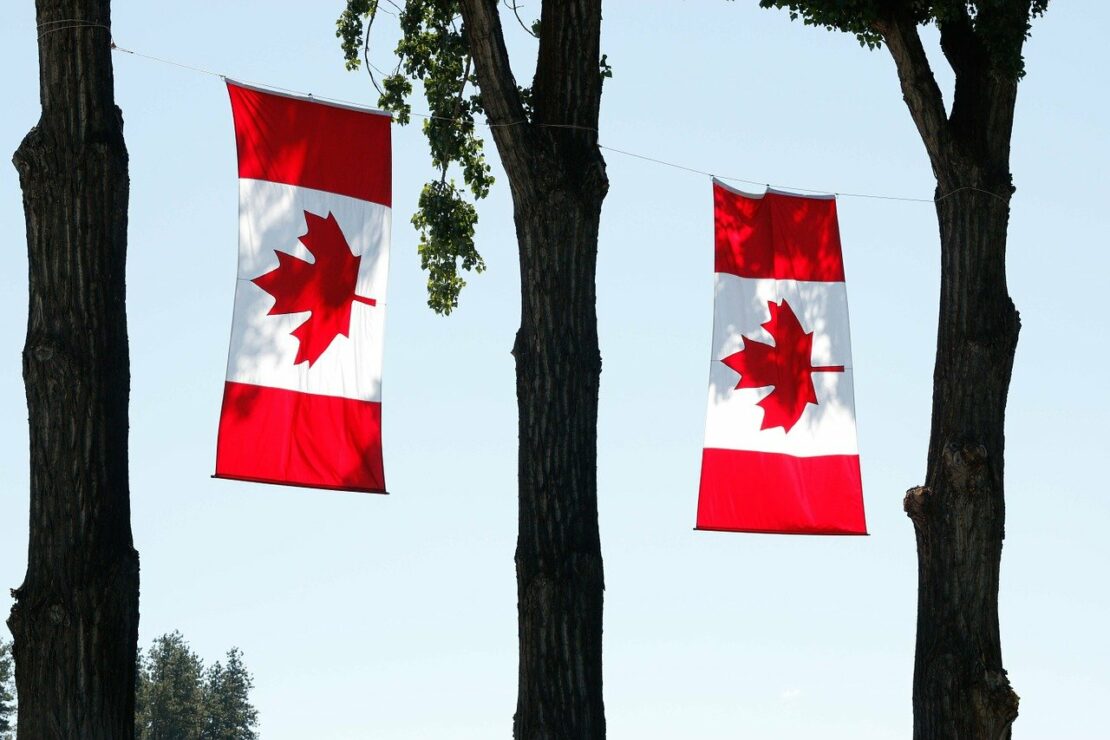
Victoria City Council has cancelled Canada Day festivities in an effort to avoid distracting from reconciliation efforts. On June 10, the city published a media release stating that Victoria City Council unanimously agreed to cancel the virtual Canada Day presentation in light of the discovery of the remains of 215 Indigenous children at a residential school in Kamloops. Instead, the city will be working with the Lekwungen people on a broadcast to be aired later this summer.
While cancelling Canada Day is a positive move as the legacy of this country’s national holiday is one of colonization and genocide, it is also largely performative. But the City cancelling Canada Day forces us all to ask ourselves whether slapping maple leaf tattoos on our cheeks and drinking red jello shots is really necessary.
We call on you to reflect this July 1 on what it truly means to be Canadian. And we’re calling on you to consider cancelling your personal Canada Day parties.
The day-drinking, flag-waving celebrations belong to the past — a past where we did not hold ourselves, our educators, and our government responsible for the adequate learning and reconciliation that desperately needs to be done for true healing to occur.
Justin Trudeau, for all his fancy rhetoric about making reconciliation a priority, is still fighting Indigenous children in court over reparation payments. There are still boil water advisories in effect on reserves throughout the country. Six years after the Truth and Reconciliation Commission came out with its final report, less than a quarter of the 94 calls to action have been acted on in any significant way.
Recent events, including the release of the 231 Calls to Justice for missing and murdered Indigenous women and girls, and the 104 potential graves discovered at a former Manitoba residential school, make it even more clear that we cannot go on celebrating Canada Day like we have in the past.
Indigenous peoples have watched white colonial settlers celebrating over 150 Canada Days — celebrating a day when four provinces joined together and proclaimed land that was not theirs to be Canada.
This does not mean that we can never again be proud of Canada, but this is also not the time to uncritically cling to personal patriotism. We must learn and reflect on the reality of the country we call home, actively decide to change, and work diligently until that future is actualized. Those children, their families, and their communities, deserve nothing less.
Reconciliation is going to be a long and fraught process, full of twists, turns, and backwards steps. What is important is that we begin that process in earnest and do our best to stand alongside Indigenous nations, without speaking over or for them.
True healing begins when we stand on guard for what we want our nation to become, and when we all are strong and free. If you are wondering how to spend your July 1, begin with reading the TRC’s final report and 94 calls to action.







